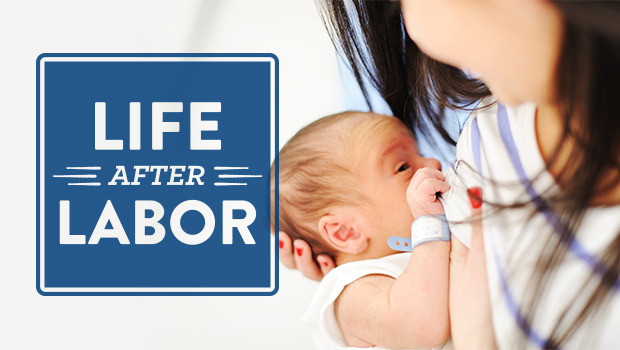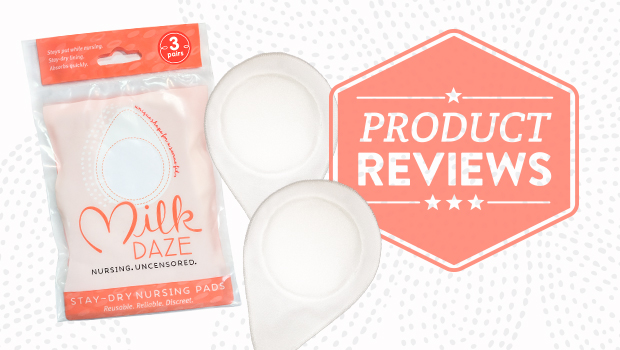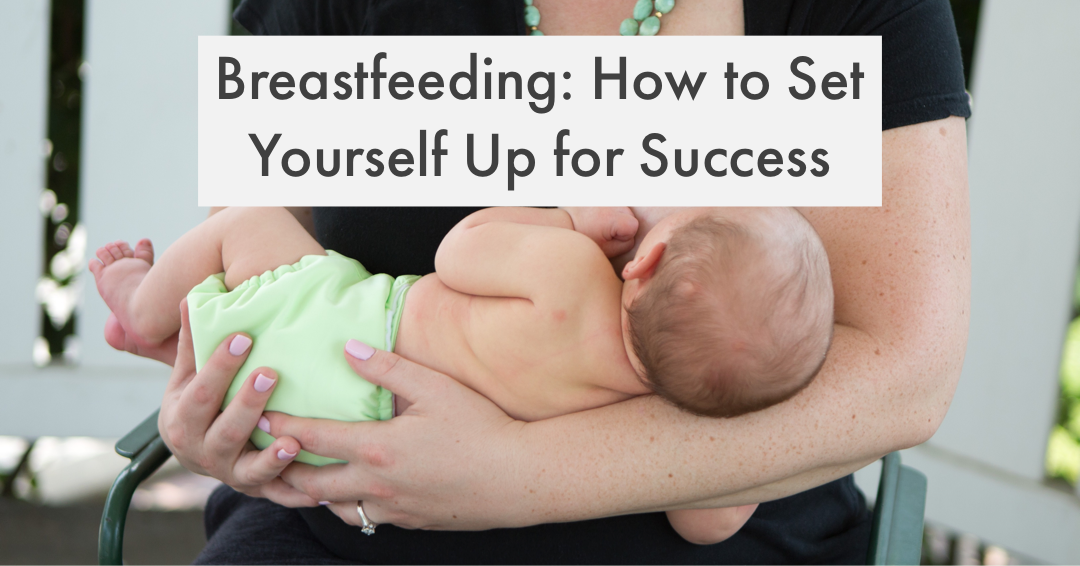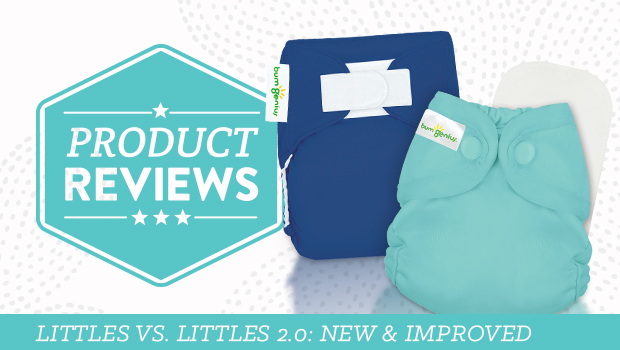
How does postpartum nutrition differ from nutrition for a postpartum breastfeeding mother? Postpartum, the time following childbirth, can range from 6-12 weeks. It is often referred to as the “fourth trimester”. This is a time of healing for mom and bonding with baby and getting breastfeeding established.
Due to the changes that pregnancy and childbirth cause to a woman’s body, her nutritional needs change during the postpartum period. It is a time for her body to recuperate. The nutritional focus during this time is focused on foods that promote healing and establishment of breast milk.
Foods that promote healing and recuperation:
- Protein is needed for the healing of all cells and tissues. Increasing protein sources such as: meat, poultry, fish, eggs, and nuts/seeds can provide your body with the building blocks it needs to create new tissue and repair damage.
- Colorful foods such as yellow peppers, red tomatoes, orange carrots and green broccoli can all provide carotenoids that assist with healing.
- Antioxidants are needed to get rid of damaged tissues/cells and agents called “free radicals” that can cause cell damage- dark chocolate, blueberries and green tea are great antioxidant sources. They are also found in fruits and vegetables and in vitamin supplements.
- Zinc and selenium help repair muscle damage.
- Omega 3 fats and Vitamin E are also needed for returning the body to a healthful state.
One of the best eating plans to promote healing is a diet that consists of mostly fresh fruits and vegetables. It is best to get nutrients from the whole food and not from products that are made from those foods. A good example of this is that it is better to eat an apple than it is to drink apple juice which has lost nutritional value in the process of making it into a pasteurized juice. The juice also lacks the fiber that the apple has which helps slow down sugar absorption. (1)
Adequate rest is necessary to accomplish healing. The following foods promote sleep and therefore contribute to the healing process: dairy, soy, seafood, meat, poultry, whole grains, beans, rice, hummus, lentils, peanuts, eggs, sesame and sunflower seeds. (1)
Just as there are foods that help with healing, there are foods that weaken the immune system. These foods are best avoided during the postpartum time as they slow the healing process and may make you more susceptible to illness: alcohol, sugar, large amounts of animal fats, artificial sweeteners, artificial colorings, artificial flavorings and processed foods. It is worth noting that stress also slows healing and weakens the immune system. (1)
Breastfeeding nutrition:
Foods that promote nutrient rich breast milk and encourage milk production:
Women need an extra 500 calories per day to produce milk to meet the needs of a newborn baby. (2) This is not a time to limit calories or diet. Eating healthy foods will provide the calories and nutrients required to make high quality breast milk.
Water is also very important as breast milk production relies on extra fluids to create the actual milk and water is used in the process to create milk. A good rule of thumb is to drink an 8-ounce glass of water each time you nurse or pump milk. Another way to calculate your water needs is to take your weight in pounds and divide it by 2. This is roughly the amount of water in ounces your body needs daily, then add a quart of water for breast feeding production.
Foods you eat affect the quality of breast milk as well. Increasing your protein and healthy fats intake will help to create nutrient dense breast milk that keeps the baby satisfied longer. It is a good idea to continue your prenatal vitamins to replace nutrients that are used to make breast milk. It is wise to avoid caffeine, artificial foods and food additives, and alcohol.
Foods that promote breast milk production and highly nutritious breast milk:
- healthy fats: avocados, coconut oil, olives, olive oil,
- protein sources: meat, cheeses, fish, legumes, yogurts, nuts/seeds, eggs
- fresh fruits and vegetables, brown rice
- foods rich in calcium: dairy, dark greens, figs, oats, sesame seeds
- fennel and fennel seeds
- breast milk teas such as Traditional Medicinals Mother’s Milk tea also help increase supply
Special considerations: if you follow a specific diet that may limit your food choices, you may need additional support and education to ensure you are getting the nutrients your body needs. For example: vegans may need to supplement vitamin B12.
Do you have a question for the Certified Nurse Midwife that you’d like her to consider answering in a future column? Leave it in a comment below or email blogeditor@cottonbabies.com.
1. The Family Nutrition Book by Sears and Sears, 1999
2. The Womanly Art of Breastfeeding 6th ed. La Leche League International, 1997




Comments
2 Comments
I think there’s some clarification needed: “Another way to calculate your water needs is to take youR weight IN POUNDS and divide it by 2. This is the amount of water IN OUNCES your body needs daily…”
Thank you yes- clarification/typo-fix added. 🙂